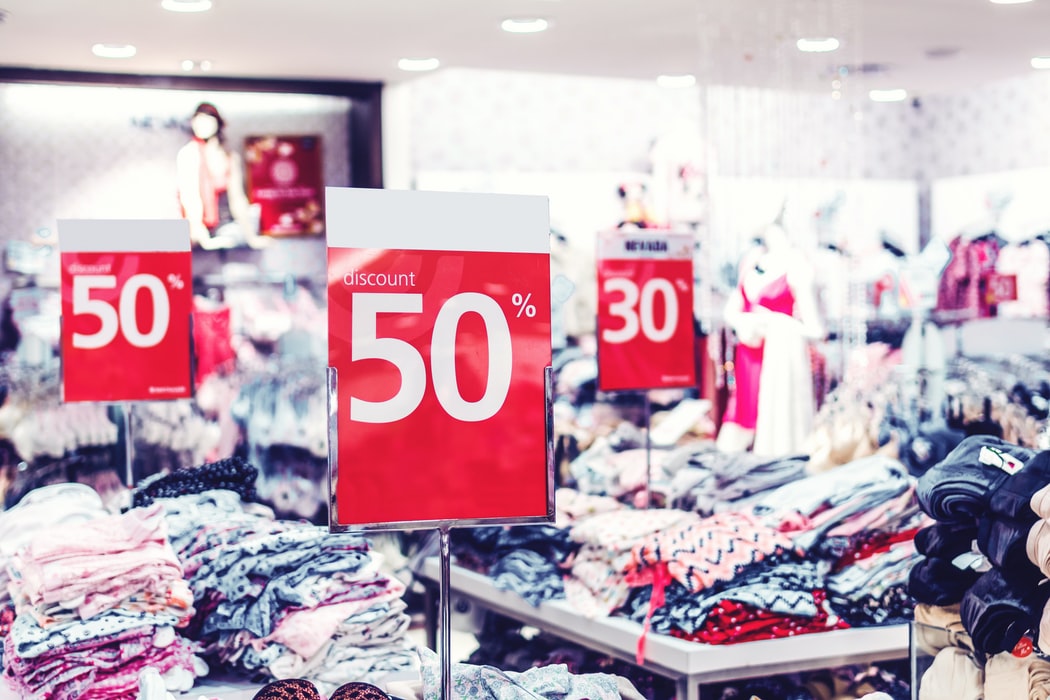Following the aftermath of Black Friday, including Pretty Little Thing’s 99% off sales leading to clothes selling for as cheap as 4p, it is no wonder that there has been serious uproar about the ethics of these crazy sales, especially during a year like 2020. Not only do these sales bring up questions about who made these items, how much are they getting paid and what conditions do they work in, but they also bring up questions about the impact on small businesses. We live in an age of mass consumerism, but instead of buying from unethical brands like Pretty Little Things, Boohoo or Missguided, to name a few, should we not try and shop more ethically?
2020 has been a debilitating year for many businesses, especially small ones. Nearly a year into the Coronavirus pandemic, hundreds of small businesses have gone burst. On top of this, Black Friday and Cyber Monday have come around and further hindered small businesses. Black Friday and Cyber Monday are mass sales following Thanksgiving, an American holiday. Big brands put their items on sale for a fraction of their normal price, and millions of shoppers flock to these stores. However, small businesses miss out on this. A lot of the time, they cannot afford to cut the prices of their stock so severely, or they do not want to contribute to the fast fashion and wasteful consumer discourse. Small businesses should not have to feel pressured to put on huge sales, but if they don’t, then they may miss out on up to a week of sales, as shoppers would look elsewhere for sales. This means that small businesses are missing out, and only the people at the very top of the big brands are benefiting.
Pretty Little Thing CEO Umar Kamani has a net worth of $1 billion. Meanwhile, PLT’s factory in Leicester has recently faced sweatshop allegations, with workers being paid £8,155.50 a year, which is severely below minimum wage. The CEO’s of these big corporations do not care about their worker’s health or wage. They also do not care about the global impact of the consumerist tendencies their businesses promote. They just care about money. This is not the case for the majority of small businesses. Most of them are ethically run, with good wages for their workers and work with care towards the environment. Small businesses also care about the consumer, whereas CEO’s like Umar Kamani do not. These CEO’s and the people at the very top of big brands are the people who benefit most from Black Friday and Cyber Monday. Of course, the consumer benefits, but to what extent? Many fast fashion brands sell poorly made clothes, which can only be worn a few times before their poor quality is shown. Of course, we cannot blame the consumers of fast fashion and those who seek out good deals on Black Friday and Cyber Monday, because a lot of people cannot afford to shop ethically, and there is no blame being put on these people at all. However, a lot of people who buy from unethical brands can afford to shop ethically but choose not to do so. Yes, huge sales on Black Friday is exciting, but when you’re buying 10 items for the price of £5 from PLT you have to ask, how can this be ethical?
Instead of shopping from crazy sales, those who can afford to should try to shop from small businesses whenever they can. The more people begin to do so, the more ethical and environmentally friendly other brands will become. Not only this, but it will help real people keep their jobs during such a challenging year. So, during this age of mass consumerism alongside a pandemic, lets try and shop more ethically, and shop small.
Lucy Barber
Image source: Unsplash

